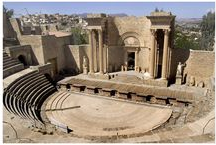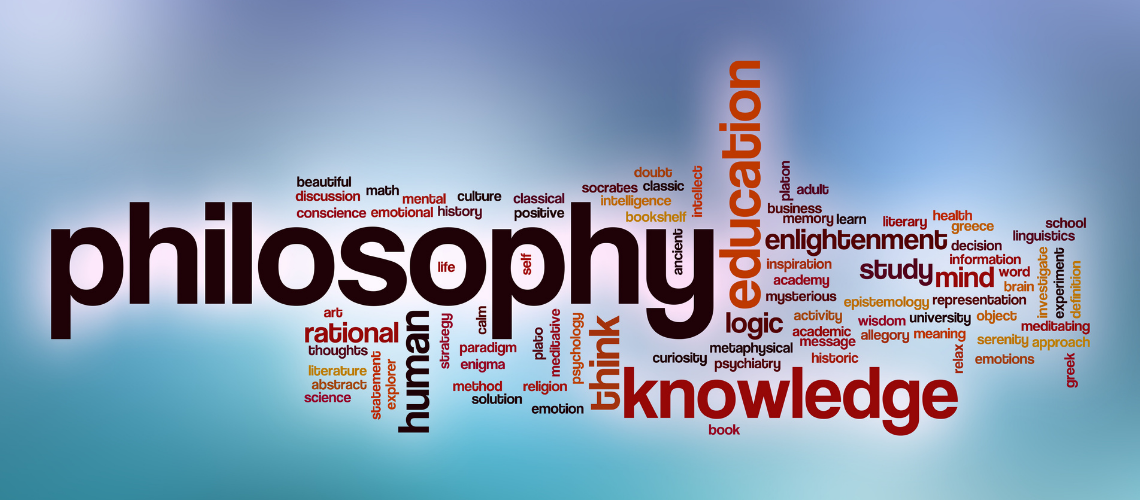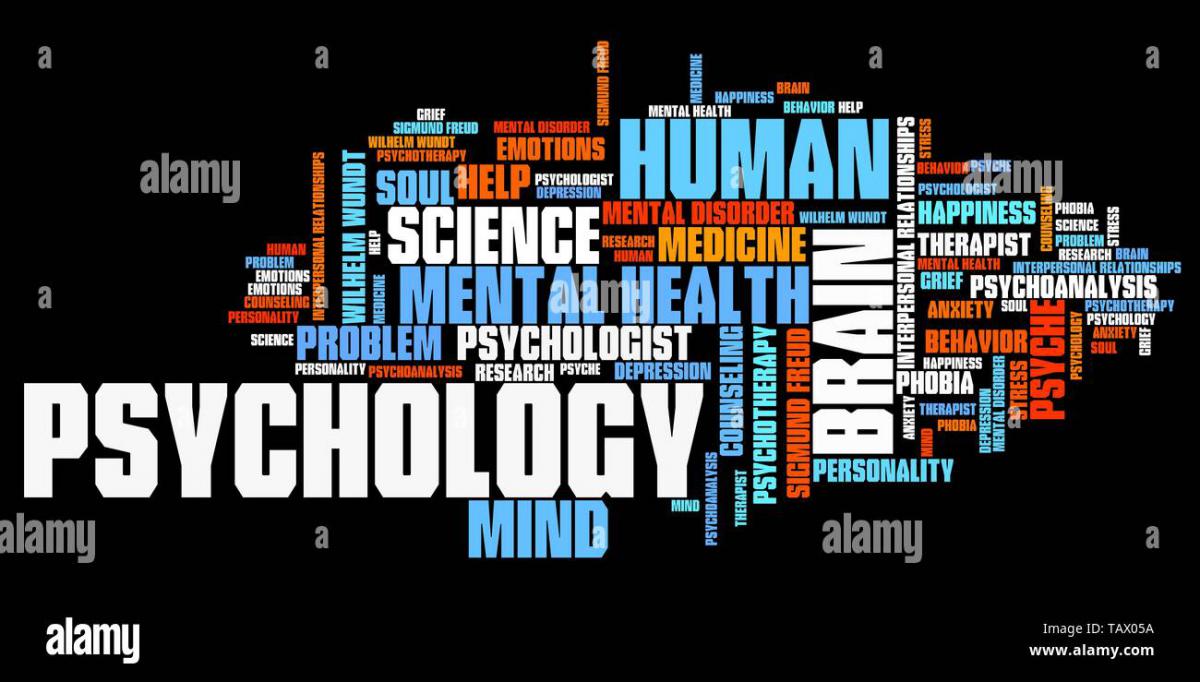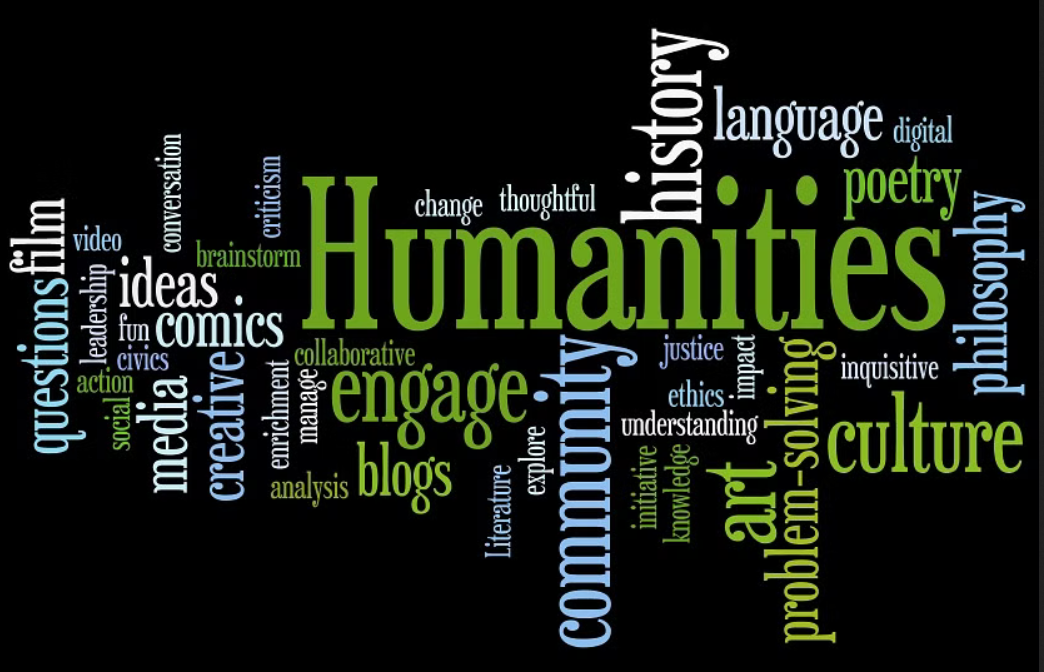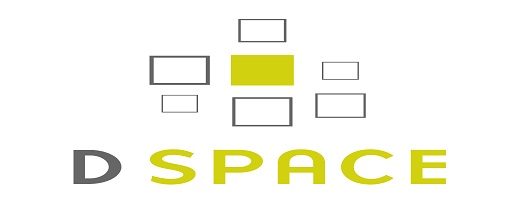Faculty
Faculty of Humanities and Social Sciences
The creation of the College is due to Executive Decree No. 01-273 of 18 September 2001, amended and completed. These included the creation of the University of Guelma and its three faculties, which was called the Faculty of Law, Arts and Social Sciences, itself divided into three faculties in 2010, where the Faculty of Science human and social origin.
The Faculty of Humanities and Social Sciences is one of the seven largest faculty of the University of May 8, 1945 in number of students, estimated at 3193 students, including 505 men and 2688 women.
* The study includes 2572 students and 621 postgraduate students (in addition to a total of 11 doctoral students and 18 doctoral students), divided into 60 departments, respectively: Department of Sociology, Department of Psychology, Department of Philosophy, Department of Information, Communication and Librarianship, Department of History, Department of Archeology, as well as the Humanities Branch of the Common Vault.
Definition of faculty:
Article 22 of the Joint Ministerial Decision of 24 August 2004, which defines the administrative organization of the university, faculty and institute, defines the faculty as a unit of teaching and research in the field of science and knowledge, multidisciplinary and can be created where appropriate on the basis of a major specialization.
Essential functions of the faculty:
The main tasks of the college in the field of higher education are:
- Training of the cadres necessary for the economic, social and cultural development of the country.
- Teach students the research methods and the promotion of research and research.
- Contribute to the production, dissemination and collection of knowledge and knowledge.
- Participation in continuing education.
The College's main functions in the field of scientific research and technological development are as follows:
- Contribution to the national effort of scientific research and technological development.
- Promotion and dissemination of the national culture.
- Participation in supporting national scientific capacities.
- Evaluation of the results of research and dissemination of scientific and technical information.
- Participation in the international scientific and cultural community to exchange and enrich knowledge.
Faculty Teachers (detailed information)
1. Department of Psychology
2. Human Sciences Branch
3. Department of Philosophy
4. Department of Sociology
5. History section
6. Department of Archeology
7. Department of Information Science, Communication and Librarianship





